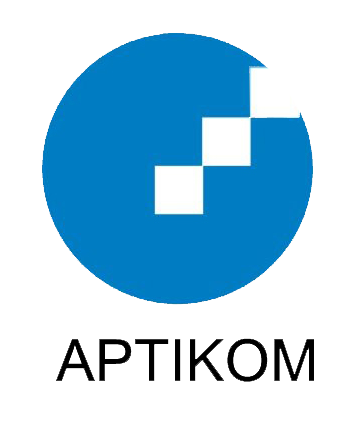EFEKTIVITAS PELATIHAN SERTIFIKASI KOMPUTER DASAR MENGGUNAKAN TEORY ROUGH SET DAN PROGRAM ROSSETA
Abstract
Penelitian ini bertujuan untuk menentukan efektivitas pelatihan komputer dasar dengan teori Roughset. Melalui teori Roughset ditemukan rule dan knowledge baru guna mengambil sebuah keputusan mengenai efektivitas program pelatihan Desktop Office Training. Materi pelatihan terdiri dari penguasaan aplikasi Excel, Word dan Power point untuk pengolahan data perkantoran. Pelatihan ini dilaksanakan di program studi Pendidikan Teknik Informatika dan Komputer, FKIP Universitas Bung Hatta yang bekerjasama dengan Microsoft dan berstandar Internasional. Penelitian ini menggunakan metoda deskriptif yang disesuaikan dengan langkah-langkah teori Rough set. Sampel yang digunakan sebanyak 35 peserta. Hasil yang diperoleh dari 35 sampel didapat bahwa tingkat keefektifan pelatihan ini adalah 100%. Melalui proses equivalence class diperoleh 86 rule yang tereduksi menjadi 24 rule. Untuk simulasi sistem yang terbentuk diuji dengan program aplikasi Rosseta.Downloads
Download data is not yet available.
Published
2017-10-26
How to Cite
Suryani, K., & Khairudin, K. (2017). EFEKTIVITAS PELATIHAN SERTIFIKASI KOMPUTER DASAR MENGGUNAKAN TEORY ROUGH SET DAN PROGRAM ROSSETA. Jurnal Sistem Informasi, 13(2), 97-102. https://doi.org/10.21609/jsi.v13i2.553
Section
Articles
Copyright (c) 2017 Jurnal Sistem Informasi

This work is licensed under a Creative Commons Attribution-ShareAlike 4.0 International License.
Authors who publish with this journal agree to the following terms:
- Authors retain copyright and grant the journal right of first publication with the work simultaneously licensed under a Creative Commons Attribution License that allows others to share the work with an acknowledgement of the work's authorship and initial publication in this journal.
- Authors are able to enter into separate, additional contractual arrangements for the non-exclusive distribution of the journal's published version of the work (e.g., post it to an institutional repository or publish it in a book), with an acknowledgement of its initial publication in this journal.
- Authors are permitted and encouraged to post their work online (e.g., in institutional repositories or on their website) prior to and during the submission process, as it can lead to productive exchanges, as well as earlier and greater citation of published work (See The Effect of Open Access).








